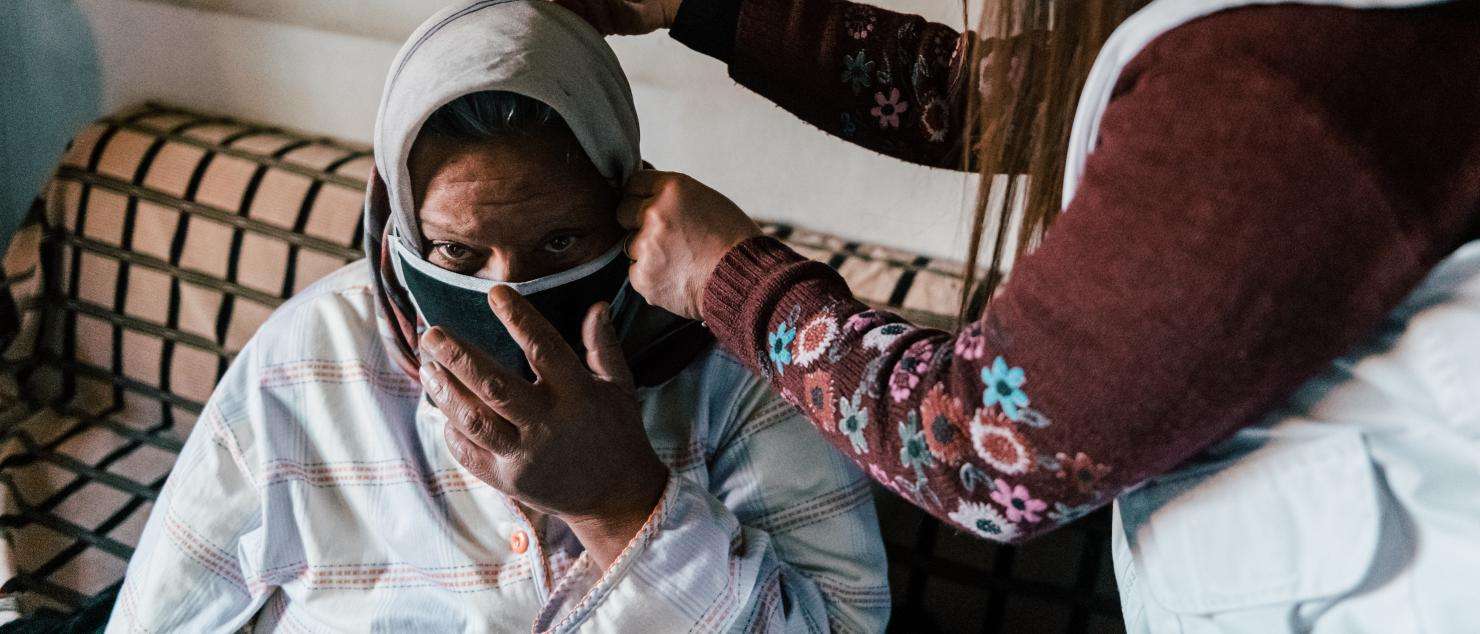Disir
Platinum Member
- Sep 30, 2011
- 28,003
- 9,615
- 910
Since late 2019, Lebanon has been grappling with its worst economic crisis in decades, social unrest, and political turmoil. To make matters worse, as COVID-19 cases surged across the country last year, a major explosion rocked Beirut, the country’s capital, in August. These overlapping crises have made people already living in precarious conditions even more vulnerable, including more than 1.5 million refugees, the most per capita of any country in the world.
“This situation has compounded the needs of the population,” said Dr. Caline Rehayem, deputy medical coordinator for Doctors Without Borders/Médecins Sans Frontières (MSF) in Lebanon. “The socioeconomic pressure, above all, has made the cost of basic goods, including food, more and more difficult to afford for many. “Medical fees have also become prohibitive for vulnerable groups in the country. This context is expected to worsen people’s health conditions and access to care, and our teams on the ground have already started to witness signs of deterioration.”

 www.doctorswithoutborders.org
www.doctorswithoutborders.org
And no one saw this coming?
“This situation has compounded the needs of the population,” said Dr. Caline Rehayem, deputy medical coordinator for Doctors Without Borders/Médecins Sans Frontières (MSF) in Lebanon. “The socioeconomic pressure, above all, has made the cost of basic goods, including food, more and more difficult to afford for many. “Medical fees have also become prohibitive for vulnerable groups in the country. This context is expected to worsen people’s health conditions and access to care, and our teams on the ground have already started to witness signs of deterioration.”

Lebanon: Overlapping crises exacerbate medical needs and worsen access to care
And no one saw this coming?